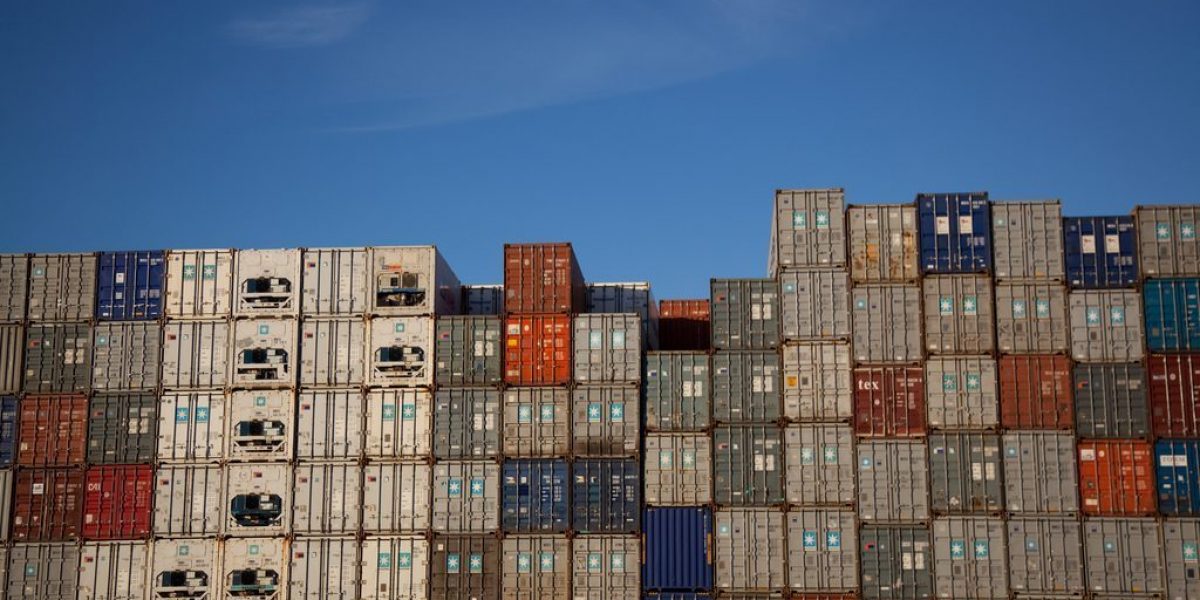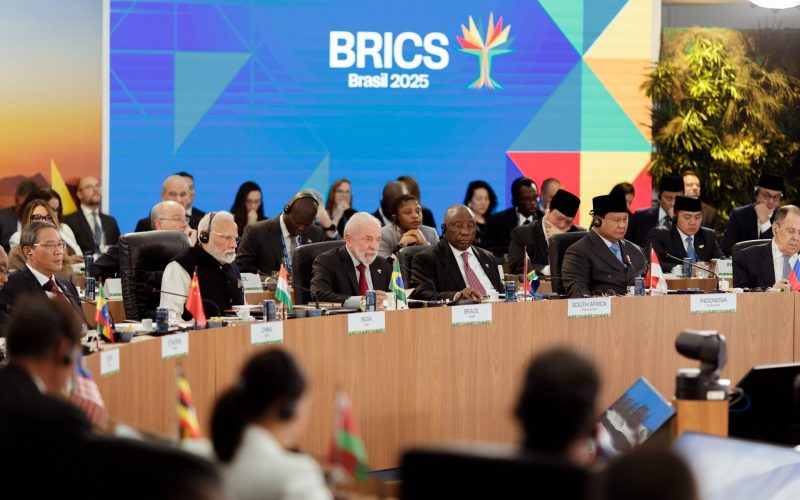South Africa needs foreign direct investment to help address its need for employment creation, growth and development. Trade can lead foreign direct investment or follow on from it, and it may well be that a merger transaction leads to increased import competition in domestic markets. Competition policy can address different aspects of this issue. First, pre-merger notification and merger review provide an opportunity to assess a priori the competitive impact of a proposed transaction, to determine whether a substantial lessening of competition will result, or whether any specified public interests are likely to be adversely affected. Secondly, Competition Act provisions on restrictive practices and abuse of a dominant position can be invoked to check the effects of unfair trade practices.
Although at this stage South Africa is reluctant to include new generation issues in regional trade agreements, there are already regional instruments that embrace them and it is also probable that these questions will feature on the agendas of South Africa’s negotiating partners. World Trade Organisation agreements also include provisions on ‘new generation’ issues such as competition. Obligations entered into in this multilateral forum, as well as in regional agreements, are binding and cannot subsequently be revoked citing domestic policy imperatives. The proposed Walmart-Massmart merger is a reminder that international obligations must be considered carefully prior to, and at the time of, negotiations, and no matter how worthy domestic policy aims might be, they cannot justify attempts to skirt around international legal obligations.








